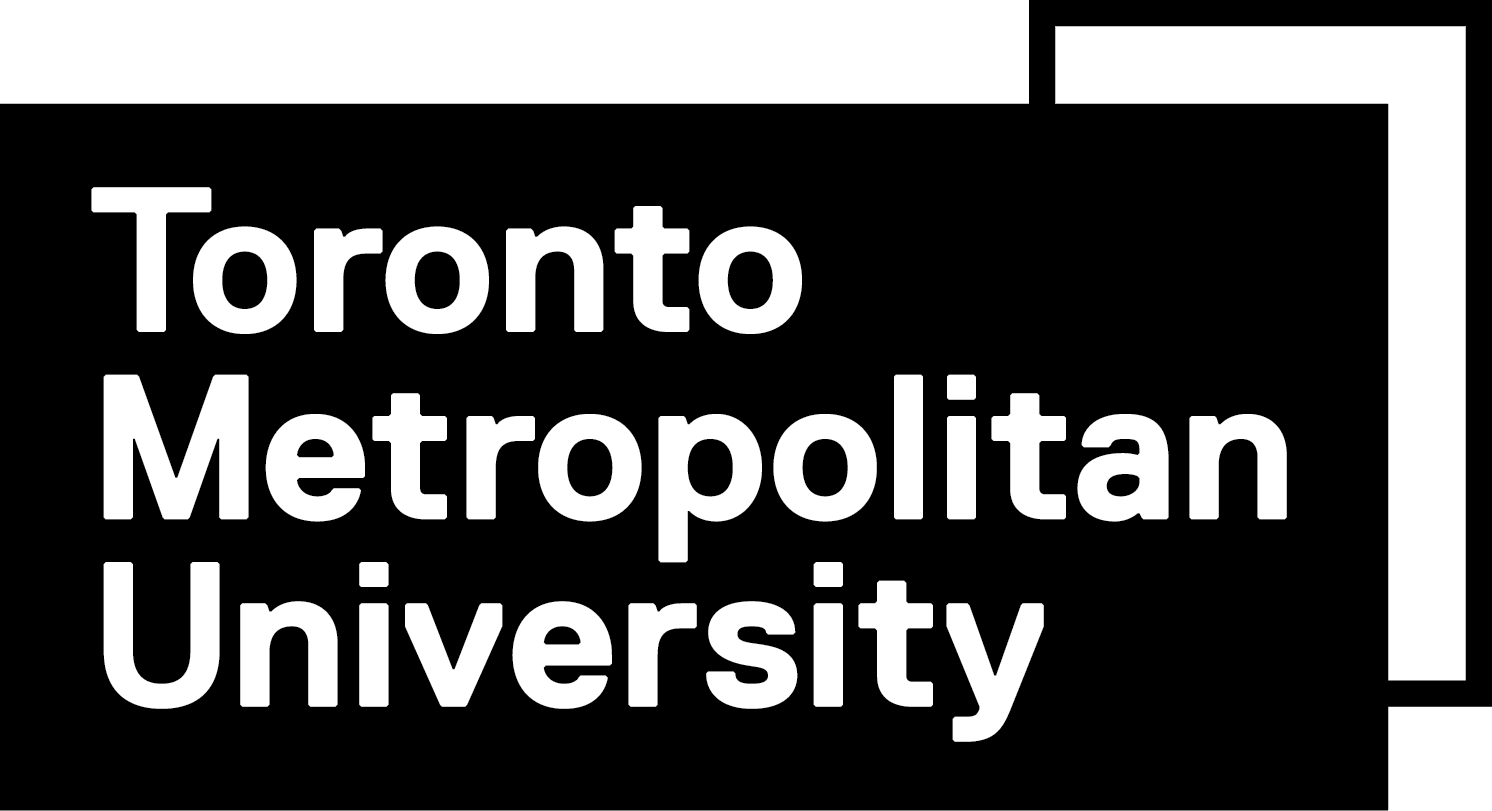

The revolution is being sparked by automation, low-carbon economies, digitization, and other emerging work trends. These new technologies need skills that are not usually at the core of a trade school education.
On behalf of the Future Skills Centre, The Conference Board of Canada is researching Canadian apprenticeships as part of its work on experiential learning.
Tradespeople are using creative problem-solving to adapt to new challenges.
For example, when mechanics diagnose and repair electric cars, they need much more than a wrench and screwdriver.
They’re using digital diagnostic tools. Looking for solutions on YouTube. They are using skills and workarounds they might never have learned in their formal training.

What can we do to be sure emerging skills are included in apprenticeship training?
Here’s the problem. There are two things we know very little about:
- What new skills will be needed for different industries?
- How do we teach them?
We don’t know the whole picture yet.
That’s why this is an important question for Canada.
Three big things will influence the future of trades education.
Let’s examine them one by one.
Digitization
The speed of digital disruption means schools will need to update courses in the trades more frequently and consult industry stakeholders at a much earlier stage.
Mobile technologies are transforming the way skilled tradespeople work—from automotive technicians using digital diagnostic tools to apprentices learning new skills from instructional videos. Adapting to digitized workplaces will need a wide range of digital skills.
What are digital skills? They are the skills needed to find, use, and create information using digital technology.
Examples of digital skills
- Mobile skills to read blueprints on digital devices
- Software skills to use computerized equipment
- Programming skills to run programmable logic controllers
- Information management skills to collect information on products, source new products, and monitor product usage
Low-carbon economy
Transitioning to a low-carbon economy is vital. Working toward this goal is expected to create 7 million to 8 million new jobs by 2030.
To get there, we need to develop green standards within existing occupations.
What are green skills? They are the competencies needed to work with green technologies, improve energy efficiency, and reduce waste.
Examples of green skills
- Teamwork skills to collectively tackle environmental challenges
- Entrepreneurial skills to realize low-carbon technologies
- Technical skills to build, repair, and maintain renewable energy technologies
- Knowledge of environmental regulations, energy efficiency, and waste management
Automation
Automation is changing the nature of work. While most Canadian tradespeople are not concerned about losing their jobs to automation, apprentices are more anxious than journeypersons.
But employers say it’s hard to find people who can handle new technologies. Tradespeople will need to upgrade their technical skills to keep up with automation and robotics.
It’s more than technical skills. Tradespeople need social and emotional skills to adapt to technological change. These skills describe a person’s ability to build relationships, regulate their emotions and behaviour, collaborate, and communicate with others.
Examples of social and emotional skills
- Problem-solving skills to analyze challenges and find solutions
- Business development skills to realize the opportunities associated with new technologies
- Communication skills to effectively listen to colleagues, ask questions, and recommend improvements to work processes
- Collaboration skills to work with people from other trades and backgrounds

Change is coming
On behalf of the Future Skills Centre, The Conference Board of Canada will study the skills required for the future of work in these trade sectors:
- Automotive
- Construction
- Manufacturing
- Food services
In this multi-year project, our researchers will:
- Identify and rank the most important emerging skills needed to adapt to sector-specific future work trends.
- Discover ways to bridge the gaps between the skills that will be needed and apprenticeship training.
- Provide a roadmap for Canada to bring the best training possible to our newest generation of trades people—one that fosters the lifelong learning for them to adapt at all stages of their careers.







